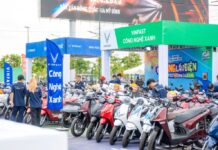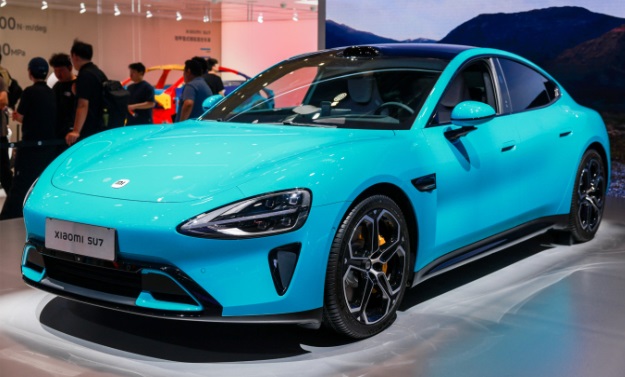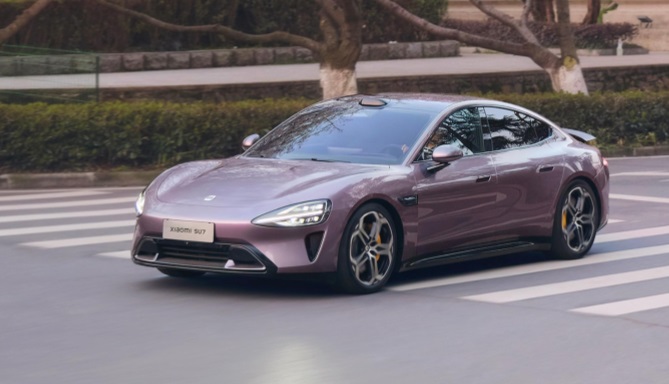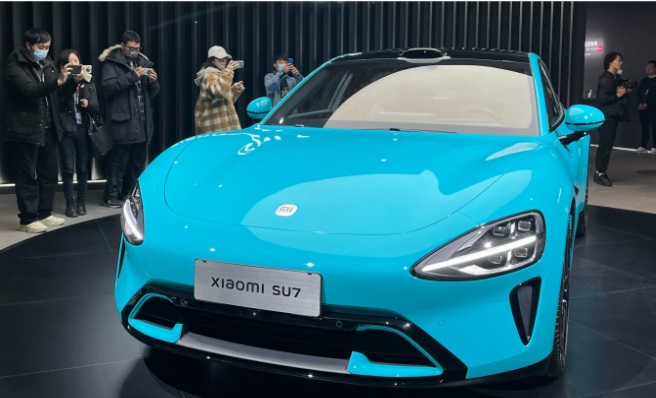Xiaomi Invests in New Land to Expand Electric Vehicle Production
Xiaomi has recently purchased a plot of land in Beijing for 842 million yuan (approx. 2.965 trillion VND) to expand its electric vehicle manufacturing facilities following the success of the SU7.
The new land acquisition spans 53 hectares and is located near Xiaomi’s existing electric vehicle factory in Yizhuang District, Beijing.
Since its launch on March 28, the tech giant’s first car, the Xiaomi SU7, has taken China by storm. Just a day after its release, the SU7 received 88,898 orders.
Xiaomi recently announced that it delivered over 10,000 SU7 electric vehicles in June. The Chinese automaker aims to reach a total of 100,000-120,000 orders for the Xiaomi SU7 this year.
The SU7 is a mid-size sedan with dimensions of 4,997 x 1,963 x 1,440/1,455 mm in length, width, and height, respectively, and a wheelbase of 3,000 mm. This sedan boasts an impressive drag coefficient of Cd 0.195, the lowest among commercially available vehicles in the market.
In China, the Xiaomi SU7 is offered in three variants: Standard, Max, and Pro. The pricing ranges from 215,900 to 299,900 yuan (approx. 776 million to 1.078 billion VND).
The SU7 is packed with advanced technologies, including LiDAR sensors, 11 HD cameras, 3 millimeter-wave radars, and 12 ultrasonic radars. These features enable the vehicle to achieve semi-autonomous driving on highways and automatic parking.
The Xiaomi SU7 is available with both rear-wheel drive (RWD) and all-wheel drive (AWD) configurations. The RWD model is equipped with a single electric motor on the rear axle, producing 295 horsepower. Meanwhile, the AWD version adds a front-mounted electric motor generating 369 horsepower, resulting in a combined output of 664 horsepower.
The vehicle offers two battery options: a 73.6 kWh LFP battery from BYD or a 101 kWh ternary (NMC) battery from CATL. The BYD battery provides a range of 628 km or 668 km, depending on the variant, while the CATL battery offers a range of 800 km or 750 km. The BYD battery supports 400V fast charging, while the CATL battery is capable of 800V fast charging.
TH (Tuoitrethudo)















































